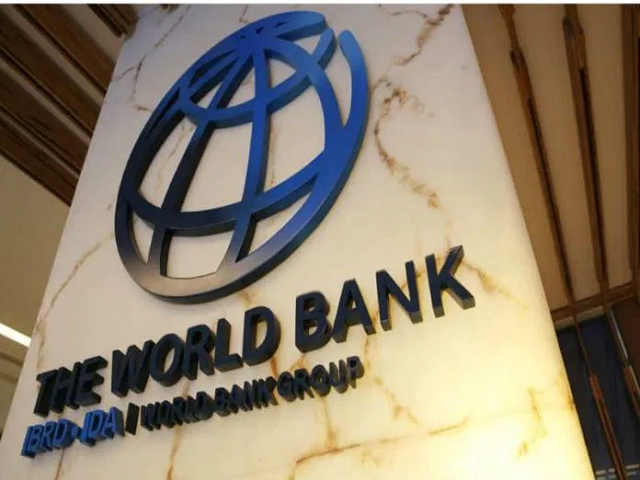According to the World Bank, Nigeria’s new government will experience weak economic growth and a number of policy challenges in 2018.
The bank projected that Nigeria’s economy would grow by 2.8% in 2023 in its most recent Africa’s Pulse report, which was released on Wednesday.
In the bank’s Global Economic Prospects report, which was released in January of this year, this new projection was lower than the previous one of 2.9%.
The growth recovery in Nigeria for 2023 (2.8%) was described in the report as “still fragile” because oil production was still low and the new administration was dealing with numerous policy issues.
The international bank noted in its Africa’s Pulse report that Nigeria’s economy would underperform as a result of the depreciation of its local currency, the lack of foreign exchange, and the rise in inflation.
As a result of declining performance, particularly in non-oil activity and weak oil production, Nigeria was also noted to be underperforming in terms of long-term growth rates.
According to the report, “Oil production in Nigeria increased in late 2022 as a result of improved security, which has thus far stopped additional oil theft; however, production is still below the Organization of the Petroleum Exporting Countries and its Allies (OPEC+) quota.
The agricultural and industrial sectors saw a sharp rise in the cost of energy and raw materials, which was exacerbated by the weaker naira on the foreign exchange market. Non-oil economic activity remained weak.
The cashless policy of the CBN, which had an adverse effect on economic activity, was also addressed by the World Bank.
The report stated that “the economic activity is being hampered by the demonetization efforts that were launched in mid-December.
The Stanbic IBTC Bank PMI decreased from 53.5 in January 2022 to 44.7 in February 2023 as a result of the severe impact that cash shortages had on business output and new orders.












